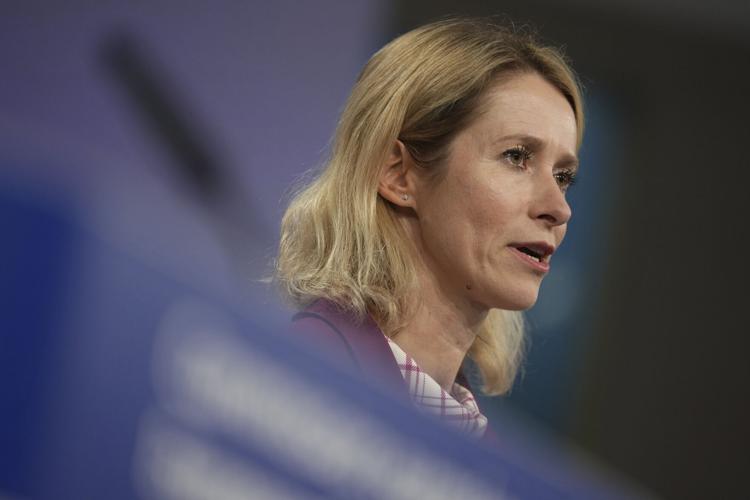The European Union (EU) has announced a significant new strategy aimed at pressuring Israel to cease its military actions in Gaza. On Wednesday, EU foreign policy chief Kaja Kallas outlined plans to increase tariffs on specific Israeli goods and impose sanctions on ten Hamas leaders, as well as two prominent members of Prime Minister Benjamin Netanyahu’s Cabinet: National Security Minister Itamar Ben-Gvir and Finance Minister Bezalel Smotrich.
Kallas emphasized that these measures are intended not to punish Israel or its citizens but to compel the Israeli government to alter its course. “The war needs to end, the suffering must stop, and all hostages must be released,” she stated. The proposed sanctions would freeze the assets of the targeted individuals within Europe and impose travel bans across EU member states.
The EU is Israel’s largest trading partner, meaning the proposed tariffs could have a substantial impact on Israel’s economy, which is already under strain from over two decades of conflict. Approximately €32 million (equivalent to $37.5 million) in bilateral funds managed by the European Commission would be immediately suspended. The EU also provides financial support to the Palestinian Authority, further complicating the economic landscape in the region.
Despite these measures, Israeli Foreign Minister Gideon Saar expressed strong opposition in a letter to Ursula von der Leyen, President of the European Commission. He asserted that Israel would not yield to pressure from sanctions, emphasizing the nation’s sovereignty and security concerns. “Pressure through sanctions will not work,” he wrote.
The 27-member EU has been divided over its response to the ongoing conflict, which has lasted for 23 months. The death toll in Gaza has reportedly approached 65,000 Palestinians since the outbreak of hostilities on October 7, 2023, following an attack by Hamas on Israel. This escalating violence has triggered widespread protests across various European cities, from Amsterdam to Barcelona, and has intensified scrutiny on Brussels for its perceived inaction.
A review conducted by the EU diplomatic corps in June found that Israel had violated the human rights provisions outlined in their Association Agreement, specifically Article 2, which has fueled calls to suspend the entire trade agreement. However, the European Commission is currently advocating for a partial suspension of trade preferences rather than a complete cessation of trade with Israel.
If approved, the tariffs could amount to approximately €230 million (around $166 million) on 37% of the €15.9 billion worth of Israeli goods imported into the EU. Currently, the EU imposes no tariffs on these goods due to the existing trade agreement. The proposed changes would instead revert to World Trade Organization tariffs, which range from 8% to 40% depending on the specific goods.
A senior official from the European Commission, speaking on condition of anonymity, clarified, “We’re not proposing to suspend trade with Israel; we are proposing to suspend trade preferences.” This shift follows von der Leyen’s recent announcement regarding the pursuit of sanctions and partial trade suspension in light of Israel’s military operations in Gaza, marking a departure from her traditionally pro-Israel stance.
European officials have indicated that the ongoing military actions in Gaza, coupled with increasing violence in the West Bank led by Ben-Gvir and Smotrich, have contributed to a new momentum for sanctions. Nonetheless, it is important to note that Israeli arms exports to the EU will not be affected by this proposal.
The situation remains fluid, with discussions ongoing among EU member states regarding the endorsement of the proposed sanctions and tariffs. As the humanitarian crisis in Gaza deepens, the EU’s response will be closely monitored by international observers and human rights advocates.
